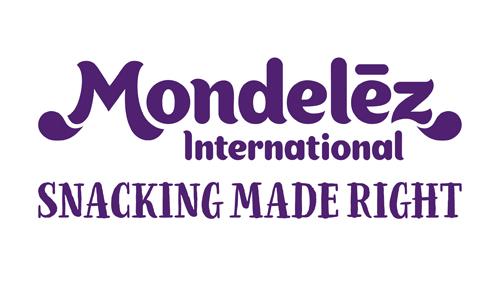11/18/2019
CSNews

DEERFIELD, Ill. — Global snacking is on the rise as more consumers opt for snacks over meals to fulfill evolving needs, and that is helping lead the future of food.
According to Mondelēz International’s first-ever State of Snacking report, six in 10 adults worldwide (59 percent) said they prefer to eat many small meals throughout the day, as opposed to a few larger ones, with younger consumers especially leaning into snacks over meals as that number rises to seven in 10 among millennials (70 percent).
State of Snacking is a global consumer trends study examining the role snacking plays across the world in meeting consumers’ evolving needs: busy modern lifestyles, the growing desire for community connection and a more holistic sense of wellbeing. It reveals the rise of global snacking, underscored by regional parallels demonstrating how snacks are helping lead the future of food by delivering on the spectrum of needs that exists in our day-to-day lives.
The report, developed in partnership with consumer polling specialist, The Harris Poll, complements Mondelēz’s global snacking knowledge estate with new research conducted among thousands of consumers across 12 countries, according to the company.
Key findings from the report include:
THE RELATIONSHIP WITH FOOD IS FUNDAMENTALLY CHANGING.
- People are more commonly considering how smaller bites/snacks effect their emotional wellbeing, as well as their physical health.
- For more than eight in 10 people, convenience (87 percent) and quality (85 percent) are among the top factors impacting snack choice.
- 80 percent of consumers are looking for healthy, balanced bites, while 71 of adults say snacking helps them control their hunger and manage their calories throughout the day.
MOMENTS OF INDULGENCE CONTINUE TO HAVE A ROLE IN DAILY ROUTINES.
- 80 percent of adults acknowledge the need for balance by appreciating the option of both healthy and indulgent snacks depending on the moment of need.
- 77 percent of consumers agree there is a time and a place for a healthy snack, and a time and a place for an indulgent one.
- The majority of people say snacks are just as important to their mental (71 percent) and emotional (70 percent) wellbeing as their physical wellbeing.
SNACKING IS ABOUT SO MUCH MORE THAN WHAT WE EAT.
- 71 percent said snacking is a way to remind themselves of home.
- Seven in 10 adults make an effort to share their favorite childhood snacks with others (70 percent).
- Around the world, more than eight in 10 parents use snack time as a small way to connect with their children (82 percent).
- 76 percent of parents use snacks to pass cultural snacking rituals on to their children.
- More than three out of four parents (78 percent) say the snacks they choose for their children reflect who they are as a parent.
“As the snacking market continues to grow globally, we’re living our purpose to empower people to snack right by constantly learning about the many different ways consumers around the world are snacking and evolving their relationship with food,” said Dirk Van de Put, chairman and CEO of Mondelēz International. “We see that the average global adult now eats more snacks than meals on a given day, driven by a number of evolving demands largely associated with how we live today, including a growing need for convenience, yearning to share nostalgic and cultural experiences, expanded wellbeing preferences and the desire for choices that range from wholesome to indulgent.”
Mondelēz launches the State of Snacking report a year after it announced a new business strategy and purpose. Over the last year, the company made strong progress on its mission to offer consumers the right snack, for the right moment, made the right way. This includes developing an ever-deeper knowledge estate of the demands that motivate people to reach for snacks while continuing to meet people’s more holistic understanding of wellbeing by focusing on sustainably sourced essential ingredients, evolving its product portfolio to a broader range of options and inspiring mindful snacking habits.
“We embrace the fact that snacking habits around the world are as diverse as the consumers who enjoy them,” continued Van de Put. “However people snack, they should not have to choose between snacking and eating right, or to worry about the impact their choices have on the world and their communities. That’s why we’re committed to empowering people to snack right.”
The State of Snacking report is available here.
Subscribe to our free mailing list and always be the first to receive the latest news and updates.
